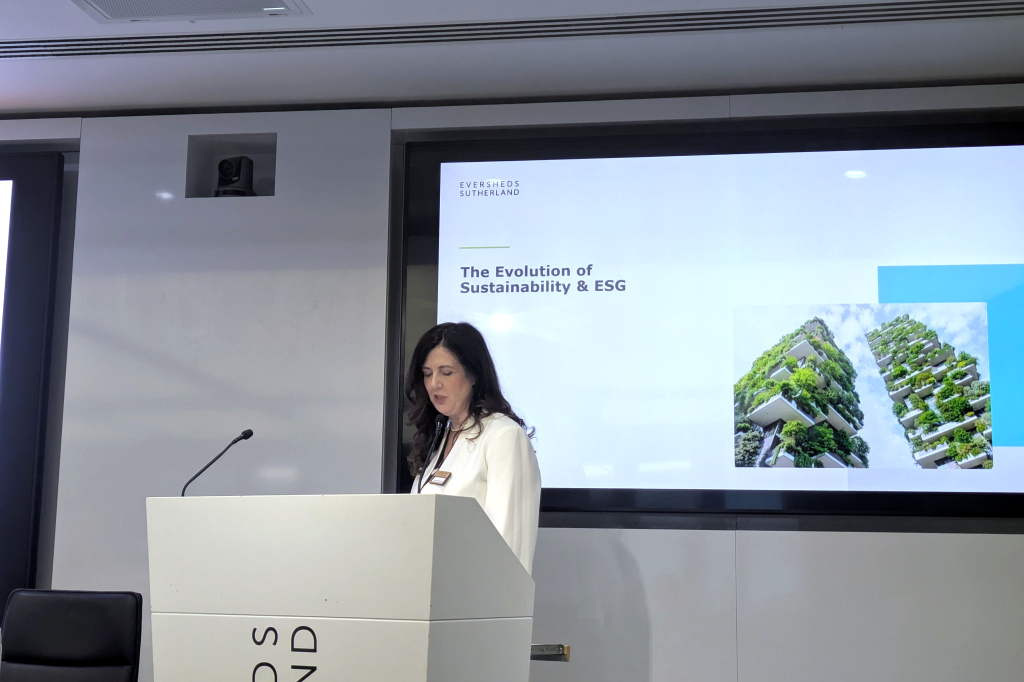In this increasingly data-driven world, the protection of personal information and the maintenance of robust financial regulation are paramount. In the United Kingdom, the collaboration between the FCA and the Information Commissioner’s Office (ICO) plays a pivotal role in safeguarding both consumer data privacy and financial market integrity. Through their
Register for free to keep reading
To continue reading this article and unlock full access to GRIP, register now. You’ll enjoy free access to all content until our subscription service launches in early 2026.
- Unlimited access to industry insights
- Stay on top of key rules and regulatory changes with our Rules Navigator
- Ad-free experience with no distractions
- Regular podcasts from trusted external experts
- Fresh compliance and regulatory content every day













